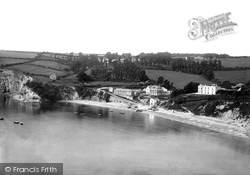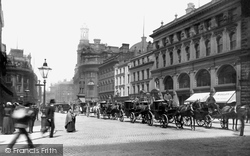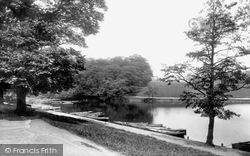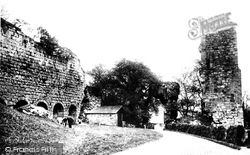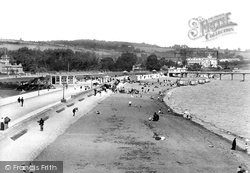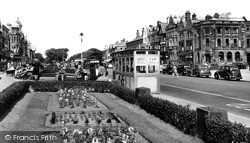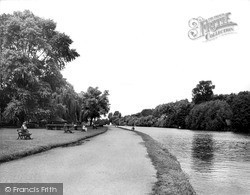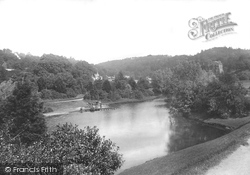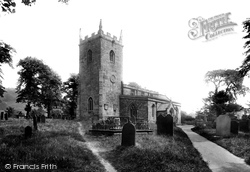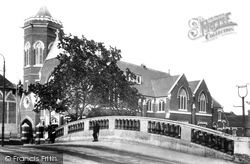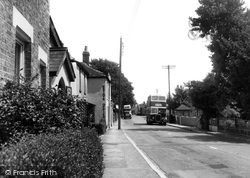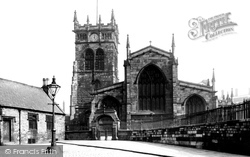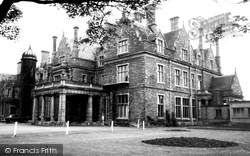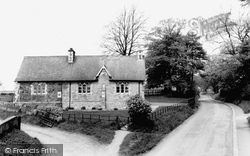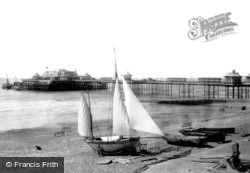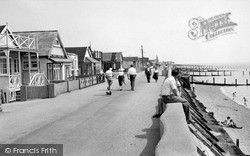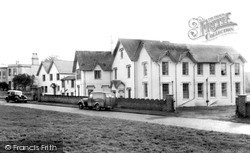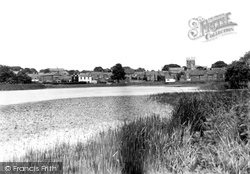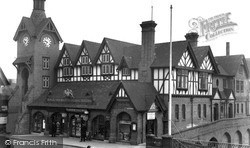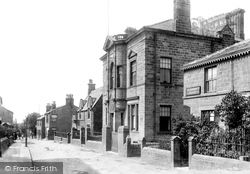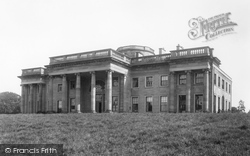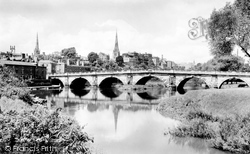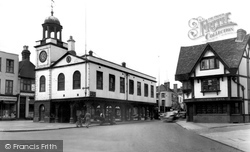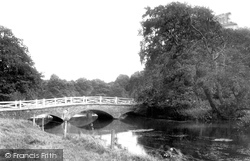Places
18 places found.
Those places high-lighted have photos. All locations may have maps, books and memories.
- Hythe, Kent
- Hythe, Hampshire
- Small Hythe, Kent
- Bablock Hythe, Oxfordshire
- Methwold Hythe, Norfolk
- Hythe, Somerset
- Hythe, Surrey
- Hythe End, Berkshire
- The Hythe, Essex
- Egham Hythe, Surrey
- West Hythe, Kent
- New Hythe, Kent
- Broad Street, Kent (near Hythe)
- Horn Street, Kent (near Hythe)
- Newbarn, Kent (near Hythe)
- Newington, Kent (near Hythe)
- Broad Street, Kent (near Hythe)
- Stone Hill, Kent (near Hythe)
Photos
360 photos found. Showing results 1,501 to 360.
Maps
101 maps found.
Books
10 books found. Showing results 1,801 to 10.
Memories
4,406 memories found. Showing results 751 to 760.
Growing Up In Ramsgate
I was born in Ramsgate in 1947. An only child, I lived with my parents in Grove Road. I have many happy memories of the town. Each night, as a young child, I used to go out with my father for "a little walk around" and we covered a ...Read more
A memory of Ramsgate by
Evacuated To Great West Farm
My mother Eileen and her brother Ian Carter were evacuated to Great West Farm, Quethiock in 1940. Here are her memories of that time:- On June 16th 1940 we were evacuated from Marvels Lane School, Grove Park, London ...Read more
A memory of Quethiock by
1960’s
I remember Stanford Dingley when the cottages existed opposite Dumbledore on Jennets hill, they used the water pump opposite. A fire destroyed the semi-detached house opposite where Casey Court now stands. There was a post office ...Read more
A memory of Stanford Dingley
Stoney Beach & The Lifeboat Station
Parents in the (old) Kinmel Arms, boozing over an extended lunch time - my brother and me exiled to the adjoining Stoney Beach where we passed the hours away crushing the softer red ...Read more
A memory of Moelfre in 1957 by
The Tin School
I was at this school from 1949-57, when I lived in Longacres. I seem to remember a bronze plaque on the hall wall stating that it had been built in 1908. It had evidently been built as a temporary structure, but had managed to last ...Read more
A memory of Durham by
The First Rural Council Houses.
This village has the very first Rural Council Houses in England,- not pictured in your photographs,- but situated in Stow Road. They were built by the Thingoe R.D.C. following a lengthy argument and legal demands by the ...Read more
A memory of Ixworth by
My Memory Of Chopwell
After reading the other accounts of Chopwell I decided to add my own, I hope I have got the names and dates right as I am doing this from memory, apologies if I get some of it wrong. All my mother’s side of the family were from ...Read more
A memory of Chopwell by
Allonby Reading Room
My Auntie and Uncle lived in a wing of Allonby Reading Room; it was called Melville House. Their surname was Hill and their Christian names were May and Joseph. I spent many summer holidays in the 50s and early 60s with them and ...Read more
A memory of Allonby by
Sutton In The 1950/ 1960,S
I attended the Infants/Junior school at New Oscott by the Princess Alice Orphanage before going to Boldmere High School 1953 /1957. On leaving school I joined the railway at Sutton Park Station home of the sorting ...Read more
A memory of Sutton Coldfield by
From 1959 Gooshays Stanley Wright
I moved to Harold hill in 58 from shoreditch to Montgomery crescent then to 49 gooshays drive and my sisters Pat,Brenda and Sandra my brother Paul came in 63.I moved to Australia in 1978 with my wife Jacqueline ...Read more
A memory of Harold Hill by
Captions
4,899 captions found. Showing results 1,801 to 1,824.
retreat for the locals, being only a couple of miles from the town of St Austell, Porthpean had become a 'charming seaside resort, much frequented in the summer months as a boating and bathing place' by the
This was one of the principal cab ranks in Manchester, and licensing, fares and conditions were regulated by the local authority.
There were problems caused by the tramway using an earth return for the traction current, and so the line opened using steam tram engines.
Sir William's grandson built a keep which was enlarged by the third Earl of Orkney in the 1440s. During the English invasion of 1544 the castle was effectively destroyed, but was rebuilt in 1580.
In the centre of the picture, by the shelter, is the site of the late 15th-century Torbay House, which was built over an ale house of ancient origin.
The town has recovered its air of prosperity after the hardships and shortages of the war years, and its growing affluence is demonstrated by the number of cars parked beside the pavements.
The promenade was formerly the towing path for barges and boats with meadows to the south, but these are now tamed, and the southern part is now occupied by the very modern Rivermead Leisure Centre
In the centre a horse and cart stand by the pond; perhaps they have visited this spot so that the animal could have a drink of fresh water at Picklefoot Spring, which emerges here.
The heavily-restored church dates from the 13th century, and inside are a book showing the names of all the 350 victims of the plague, and the chair used by the rector, William Mompesson.
The church was later replaced by the skyscraping Cater House.
The tall poles in the street indicate the advancements in communication technology made that year by the nearby Medway Telephone Exchange.
The earliest surviving reference to All Saints is from 1199, but the present building, although much rebuilt by the Victorians, reflects the solid architectural style of 15th-century Perpendicular Gothic
The round turret by the side of the main entrance with its ogee cap looks very much like a windmill tower.
Hutton was really put on the map by the coming of the York to Scarborough railway, which follows the valley of the River Derwent to the sea.
Pleasure boats were still available from the beach; these competed for trade with the paddle steamers that had been introduced in the 1880s, after their initial function had been superseded by the railways
Here we see holidaymakers enjoying their time by the sea.
By the 1960s it was divided into flats and bedsits. It has subsequently been demolished and replaced by blocks of flats called Prince's Court.
Home to herons, grebes, cormorants and teal, it is wildlife wonderland; no wonder that it is protected by the RSPB.
The Baths, opened by the Duchess of Teck in 1895, used brine recently discovered under Stafford Common during the search for a good water supply.
Delayed by the outbreak of the Second World War, the programme continued in the 1940s and included plans to build 53,000 new homes. However, building always lagged behind demand.
The five-columned porte-cochere survived; it stood for a few years in the middle of what became a caravan park, until put out of its misery by the demolition men in 1964.
The town is almost completely surrounded by the River Severn, so that most visitors to Shrewsbury enter it over one of its bridges. The English Bridge was built in 1774 by John Gwynne.
Just behind, and visible by the telephone box, is an ornate Victorian cast-iron pump.
Frampton, literally Frome Town, is beautifully situated by the River Frome.
Places (18)
Photos (360)
Memories (4406)
Books (10)
Maps (101)


